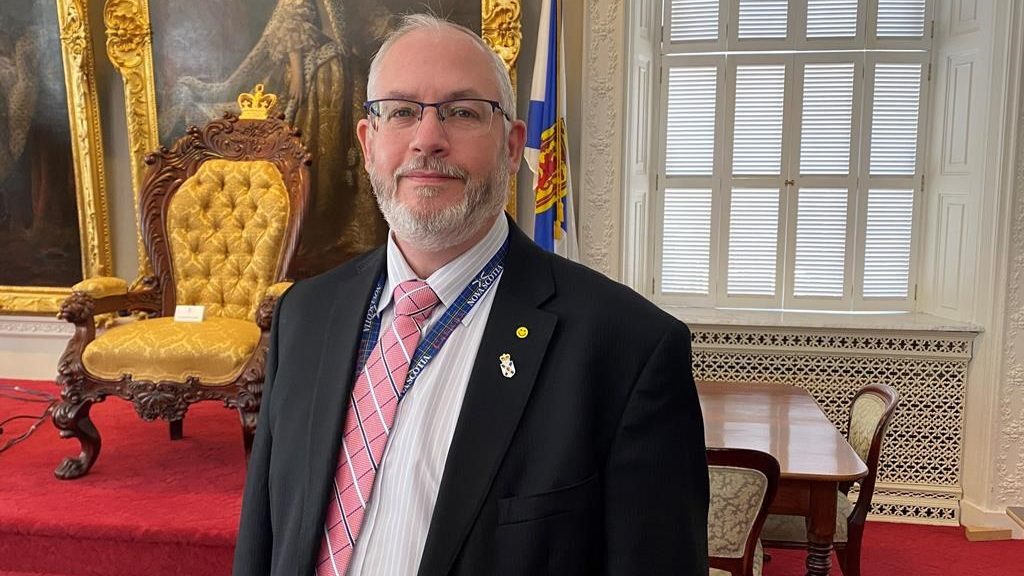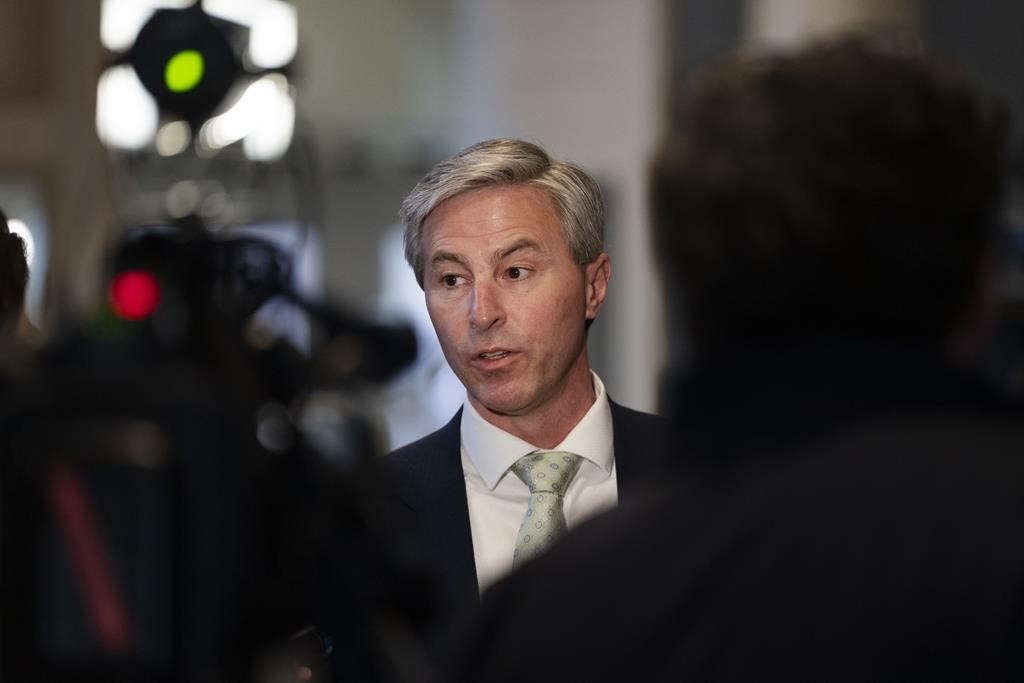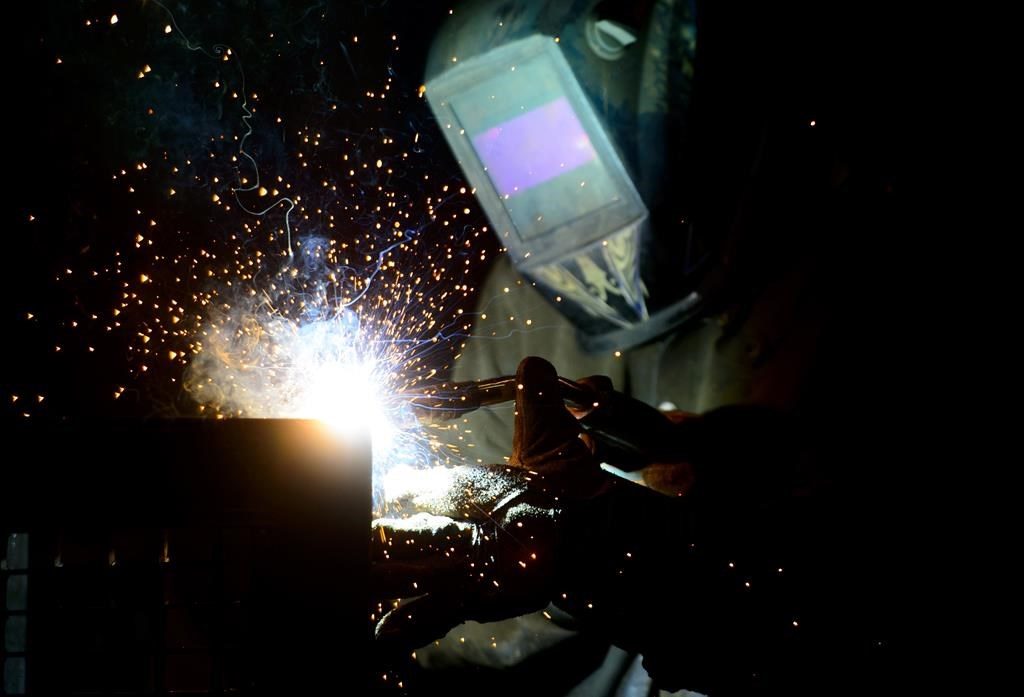Caretaker Dutch prime minister appeals to lawmakers to help him cut government spending
Posted Apr 24, 2012 01:55:28 PM.
This article is more than 5 years old.
THE HAGUE, Netherlands – Caretaker Prime Minister Mark Rutte appealed to a polarized Dutch Parliament on Tuesday to help him make painful budget cuts rather than let the country drift in political limbo until new elections.
Speaking publicly for the first time since he tendered his resignation Monday, Rutte said the nation, long considered one of Europe’s most fiscally responsible, has no time to waste.
“I stand here in the hope that parties in this chamber are prepared … to work with the Cabinet to do what is necessary to pull the Netherlands through these difficult economic times in a responsible way,” he told lawmakers.
Rutte’s 18-month-old, conservative coalition government collapsed Monday after it failed to reach a deal on cutting its own budget deficit to within a target range adopted by European countries last year.
Rutte told parliament his Cabinet would decide Friday on an election date, and that Sept. 12 appeared the most likely one.
The immediate question facing party leaders will be what budget statement they can allow Rutte to deliver to Brussels by April 30, a deadline for submitting a preliminary 2013 budget. The note must explain how the Netherlands plans to bring its projected 2012 budget deficit of 4.6 per cent of gross domestic product below the 3 per cent limit demanded by the European Union. The deficit limits were agreed by the 17 countries in the eurozone to restore investor confidence in the region after a series of debt crises.
Lawmakers are expected to meet again later this week to debate cuts, but left-leaning parties appear unwilling to bring the deficit back to 3 per cent next year. Labor and the Socialist Party both indicated they will work to bring down the deficit but not if it means hurting the economy.
Socialist Party leader Emile Roemer said the package of cuts that Rutte drew up with his coalition partner the Christian Democrats “would only have plunged our country further and deeper into crisis.”
Trying to reach a 3 per cent deficit in 2013 is “unachievable and irresponsible,” Roemer said.
The Netherlands has a privileged economic place in Europe, one of only four of the eurozone’s 17 nations to have a coveted top ranked AAA credit rating, with national debt under 70 per cent of GDP. However the economy is in recession and the government wants to reassure markets it is doing all it can to rein in spending and meet the EU deficit limit. Rating agencies have warned they are closely watching events in The Hague.
A credit downgrade would drive up borrowing costs for the government, further compounding the Dutch economic malaise.
So far, financial markets appear to be giving the Netherlands the benefit of the doubt: early Tuesday the government was able to auction around €2 billion ($2.6 billion) in bonds at highly reasonable rates, including €1 billion ($1.3 billion) worth of 2-year bonds at a yield of 0.523 per cent, according to treasury spokesman Ben Feiertag — lower than before the political crisis began.
The Netherlands is “not under market pressure,” said International Monetary Fund fiscal policy expert Xavier Debrun at Brussels, and he advised the country not to go into a “panicked retrenchment.”
It is not clear how Brussels will react if the Dutch hand in a plan that doesn’t return the deficit to 3 per cent by 2013, as now seems likely.
“We trust that the Dutch government will continue to seek budgetary solutions that are important for the financial stability of the country,” EU Economic Affairs Commissioner Olli Rehn said Monday.
As the head of a caretaker administration, Rutte will likely have to negotiate with leftist parties he had snubbed during his two years as prime minister if he hopes to make any serious cuts before the elections.
Finance Minister Jan Kees de Jager said Monday reaching the 3 per cent limit is “feasible,” but it’s now up to Parliament.
“This is important not only because Europe and Brussels are asking for it,” De Jager said. “It is important for the Netherlands.”
____
Associated Press writers Gabriele Steinhauser in Brussels and Toby Sterling in Amsterdam contributed to this report.










